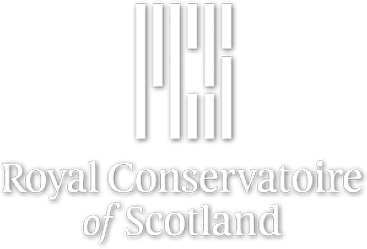Health and Wellbeing for Musicians: Course Development
Research output: Contributions to conferences › Paper › peer-review
Contributors
About
Background
A systematic review of the relatively scarce literature reporting relevant health promotion programs revealed a wide variety of course content and a number of methodological limitations. Similarly, the intervention studies for MPA and/or PRMDs also included in the review varied in their approaches, effectiveness, and methodological rigor. The Health Promotion in Schools of Music project recommended that conservatoires should adopt a health promotion framework; deliver occupational health courses for all undergraduate students; educate them about hearing loss; and help them engage actively with health care resources. On the basis of the literature, advice from members of the Healthy Conservatoires Network (UK) and others who attended seminars we had organized on health psychology and musicians’ health, the evidence presented in Paper 2 of this symposium, and the HPSM recommendations, we designed and implemented such a course. We report its evaluation in Paper 3.
Aims
The aim was to make use of the opportunity provided by the revalidation of the BMus program at the RNCM, from September 2016, to enhance awareness of, and respond to potential challenges to the health and wellbeing of first year undergraduate students by delivering a health promotion course as part of the core curriculum.
Main contribution
The course was designed, by necessity, in collaboration with members of staff at the RNCM, principally the acting heads of undergraduate studies and the heads of the instrumental and vocal schools of study. It forms part of a larger module, Artist Development 1. The content of the course was determined by our critical appraisal of the available literature, supported by the advice and the resources specified above, within the constraints of the conservatoire timetable and the availability of staff to deliver the course. It consists of seven one-hour lectures for the whole first-year cohort in Terms 1 and 2, and five one-hour seminar/workshops in Term 2. Presenters and facilitators included the authors, senior staff in the schools of strings, chamber music, and vocal studies, and a specialist in performing arts medicine; all are performers themselves. Lectures addressed strategies for individual practice and ensemble rehearsal; information on what is currently known about musicians’ health and wellbeing (including hearing im-pairment, MPA, PRMDs, and stress); life skills for musicians and behavior change techniques; anatomy and physiol-ogy; music performance anxiety; and performance/presentation skills. Seminar/workshops taught behavior change techniques based on the latest research findings, intended to provide the students with practical tools for behavior change in all the domains addressed by the course; postural control and sensorimotor integration; injury prevention and management including hearing protection; preparation for performance including practicing and memorizing; and managing time, finance, and life on tour.
Implications
Evidence from research has much to offer the development of health promotion courses, and in this part of the pro-ject we attempted to integrate not only the findings of previous research in music education and performance but also the findings and approaches of research in the behavioral sciences and health psychology. In this way we hope to help students to bridge the gap between knowledge/intention and action.
Details
| Original language | English |
|---|---|
| Publication status | Published or Performed - 31 Aug 2017 |
| Event | International Symposium on Performance Science - Harpa, Reykjavik, Iceland Duration: 30 Aug 2017 → 2 Sept 2017 http://www.performancescience.org/ISPS2017/ |
Conference
| Conference | International Symposium on Performance Science |
|---|---|
| Abbreviated title | ISPS |
| Country/Territory | Iceland |
| City | Reykjavik |
| Period | 30/08/17 → 2/09/17 |
| Internet address |
